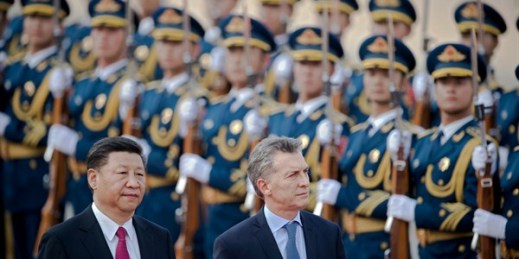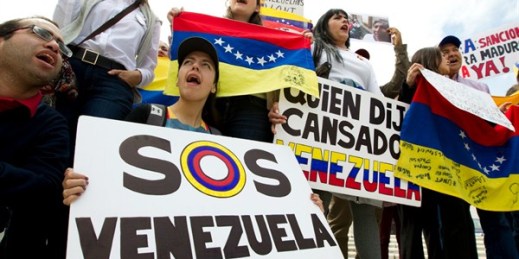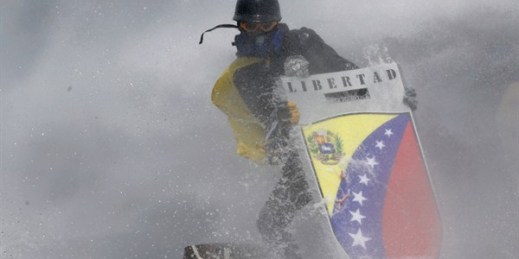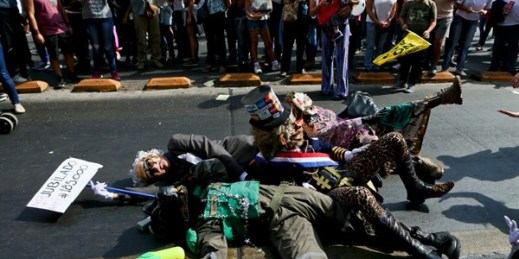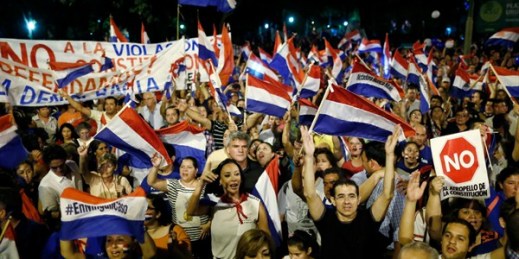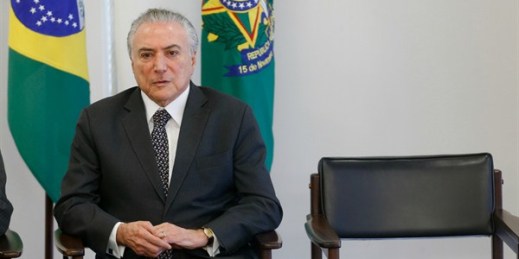
Earlier this month, Brazil’s president, Michel Temer, gathered his Cabinet to the Planalto presidential palace in Brasilia to mark the end of his first year in office. He toasted progress on his reform agenda, while stumping for still more austerity. Federal spending on social programs had been capped for 20 years, and the airline and oil industries opened to more foreign investment, but the real prize awaited. Congress was advancing toward the approval of the top item on Temer’s agenda, the most ambitious pension reform since Brazil’s dictatorship ended in 1985. Given the positive impact that a cut to benefits […]

